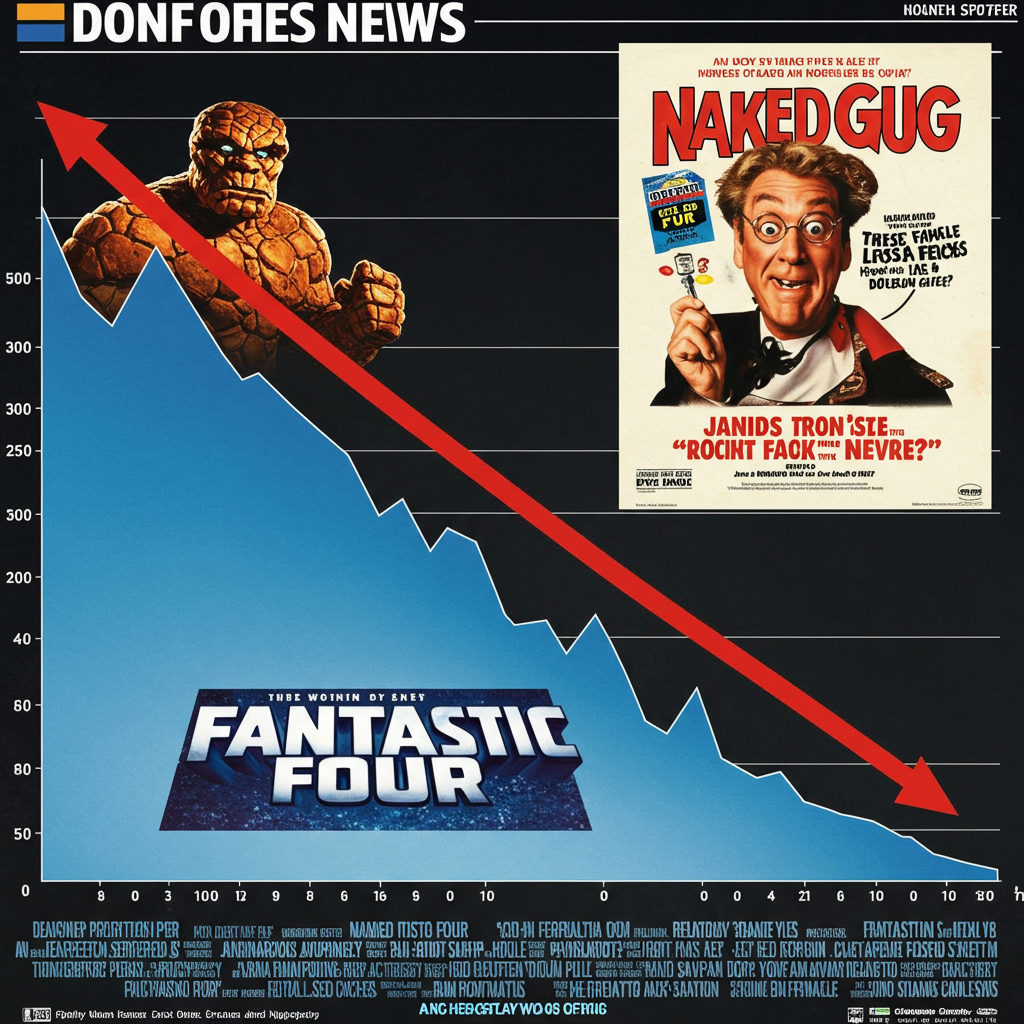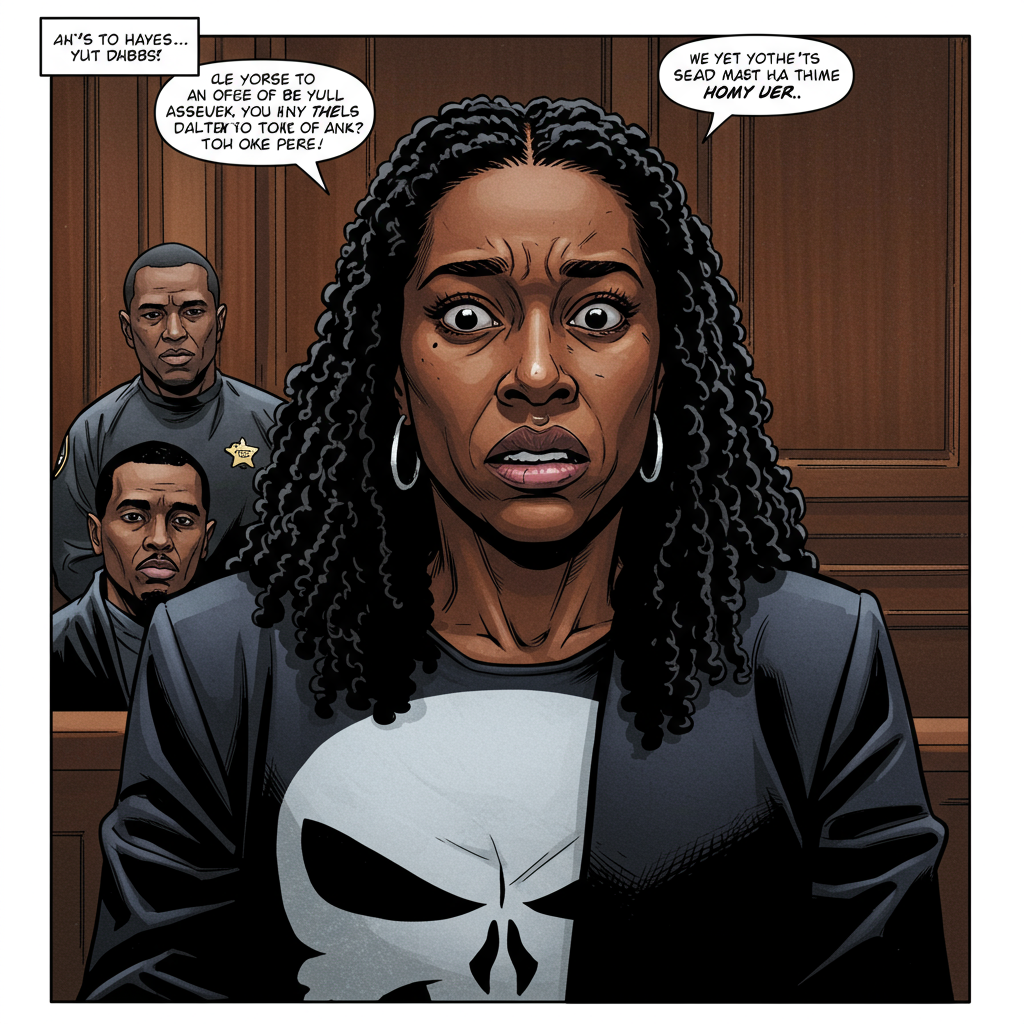Sean “Diddy” Combs’ high-profile federal trial, where he faces grave charges including sex trafficking and racketeering, experienced another delay this week after a juror became ill. The pause on Wednesday marked the latest disruption in proceedings that have been significantly impacted by juror-related complications.
The trial, now in its fifth week of testimony, was forced to halt its 24th day of court in Manhattan when a juror reported experiencing vertigo on their way to the courthouse. Judge Arun Subramanian informed the court of the sudden illness, conveyed by the juror’s partner, stating that the trial could not proceed for the day with a main panel member absent.
Ongoing Juror Complications Plague Proceedings
The Wednesday delay follows a series of challenges involving the jury. Just days prior, on Monday, Judge Subramanian dismissed Juror No. 6 from the panel. This dismissal stemmed from the prosecution highlighting inconsistencies in the juror’s statements regarding his residency. Despite the defense advocating for the juror to remain, reportedly citing concerns about diversity and requesting a mistrial if he were removed, the judge ruled against the defense, stating the current jury pool did not present diversity concerns and that race could not factor into the decision. The judge noted the juror’s credibility had been irrevocably damaged and replaced him with the first alternate.
Adding to the courtroom drama, the judge also indicated he was conducting further inquiries into another juror issue that arose this week. This second juror is under review due to potential communications with a former colleague regarding jury service. Prosecutors stated they were open to questioning this juror further but disagreed with the defense’s argument that if Juror No. 6 was dismissed, this second juror should also be excused.
The seriousness of these disruptions was underscored on Tuesday when Judge Subramanian issued a stern warning to both legal teams. He addressed violations of the court’s sealing order, noting that information from a private Friday proceeding concerning the second juror issue had been improperly disclosed to the media. Reminding counsel that the defense had requested the gag order, the judge warned that violations could lead to severe consequences, including contempt charges. He held lead counsel personally responsible for the conduct of their teams, delivering what he stated would be his only warning.
Trial Context and Allegations
The federal case against Sean Combs utilizes RICO (Racketeer Influenced and Corrupt Organizations) statutes, typically associated with organized crime, to prosecute what the government alleges is a multi-person criminal enterprise. Combs faces charges of one count of racketeering, two counts of sex trafficking by force, fraud, or coercion, and two counts of transportation to engage in prostitution. He has pleaded not guilty to all five counts.
The trial has featured graphic and emotional testimony, particularly from witnesses identified pseudonymously to protect their privacy, a measure granted by the judge despite defense objections. A key witness, identified as “Jane” (Victim-2 in the indictment), has testified extensively about her relationship with Combs, alleging years of coercion into participating in multi-day sexual encounters referred to as “hotel nights” or “freak-offs.”
According to Jane’s testimony, these encounters involved her having sex with multiple men, sometimes lasting for over a day straight, while Combs allegedly watched or participated. She testified that she felt immense pressure to comply, especially due to financial dependency, stating that Combs allegedly threatened to withdraw support if she refused. Jane described relying on drugs, which she testified were provided by Combs, to endure the degrading experiences, comparing it to needing to “tune out.” She also detailed experiencing physical pain and health issues, and alleged that Combs often insisted male escorts not use condoms. Evidence presented by prosecutors included text messages and audio recordings that they argue support Jane’s testimony about her pleas to stop the encounters and the alleged control exerted by Combs. Jane testified she continued participating as late as August 2024, only ending with Combs’ September arrest.
Another witness, Bryana Bongolan, testified about a separate alleged incident involving Combs in 2016, leading to a civil lawsuit.
Combs’ defense attorneys have countered the allegations, arguing that any sexual interactions were consensual and that alleged drug use or instances of violence, if they occurred, do not constitute sex trafficking or racketeering. They have suggested that Jane’s testimony stems from the anger of a jealous ex-lover. The defense has also filed motions for mistrial based on witness testimony, which have been denied.
Procedural discussions during the trial have also touched on the anonymity of alleged victims, methods for sensitive jury selection questions, and the scope of expert testimony on topics like trauma, memory, and coercive control, highlighting the complex legal landscape of the case. Combs remains in custody at the Metropolitan Detention Center in Brooklyn, a decision his legal team is reportedly challenging.
With Juneteenth observed on Thursday, the trial is currently scheduled to reconvene on Friday for a shortened session, navigating through these persistent procedural challenges and juror issues as the weighty allegations continue to unfold before the court.




